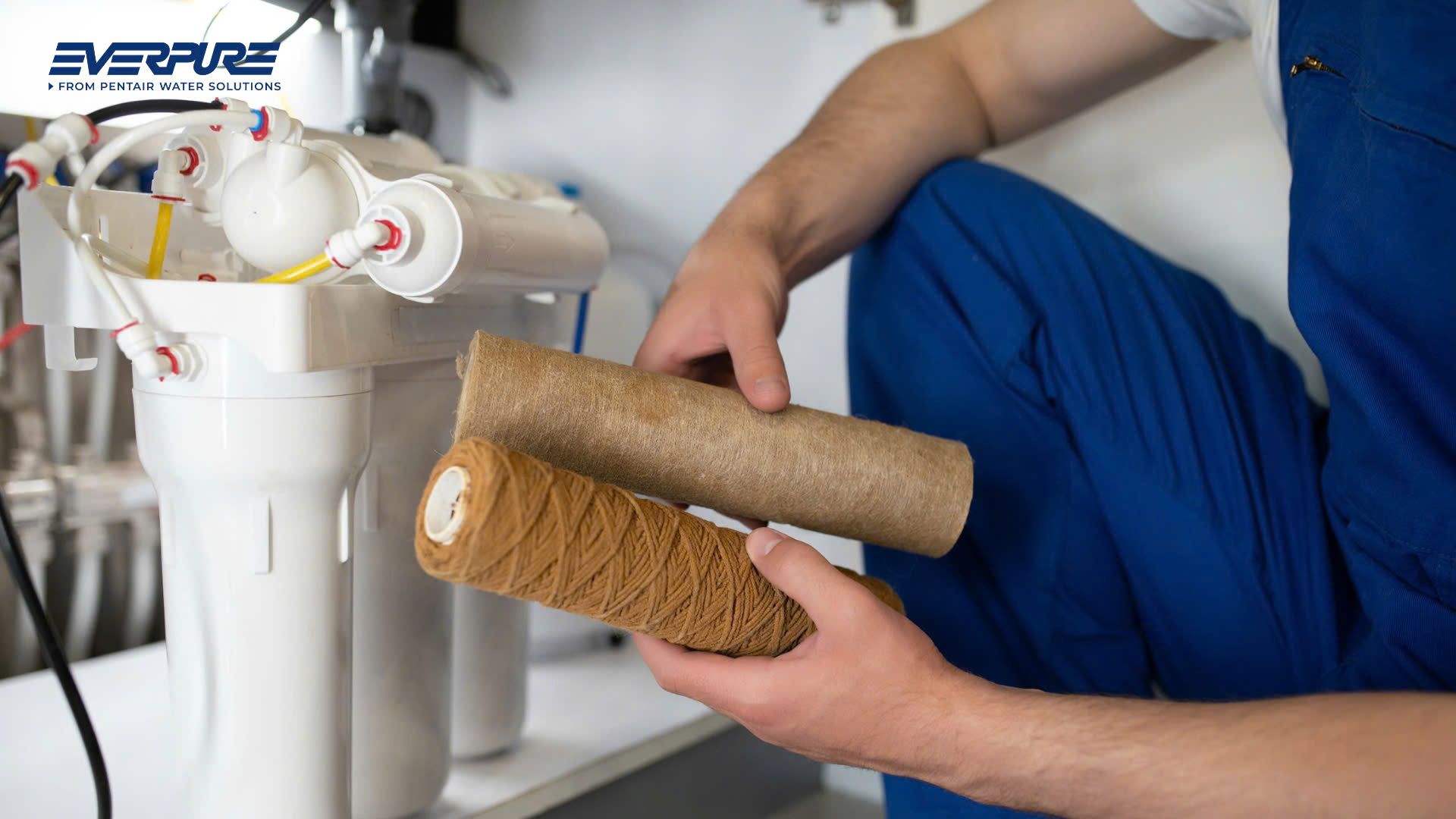June 3, 2025
Not All PFAS Filters Are Created Equal: Protect Your Kitchen and Customers Now
Not All PFAS Filters Are Created Equal: Protect Your Kitchen and Customers Now
PFAS contamination is a growing global crisis, with over 2,800 locations worldwide reporting these harmful chemicals in their drinking water. For restaurant professionals across Asia, this issue hits close to home—your kitchen water could be at risk. PFAS, often called “forever chemicals,” are incredibly persistent and difficult to remove. Not every water filter is up to the challenge, and the wrong choice could leave your customers and business exposed.

PFAS contamination endangers restaurant water; most filters can’t remove these persistent chemicals.
The Hidden Costs of Ignoring PFAS
Failing to address PFAS contamination in your kitchen water can have far-reaching consequences. Beyond the immediate health risks to your customers, the long-term impact on your business can be devastating. Here’s what’s at stake:
- Health Risks for Customers: PFAS exposure has been linked to serious health issues, including cancer, immune system suppression, and developmental problems.
- Damage to Your Reputation: Customers are increasingly aware of water quality issues. A single report of unsafe water in your restaurant can lead to negative reviews, loss of business, and long-term damage to your brand.
- Operational Challenges: Contaminated water can affect the quality of your food, beverages, and even the performance of your kitchen equipment, leading to higher maintenance costs and inefficiencies.
- Regulatory Scrutiny: As awareness of PFAS grows, governments and regulatory bodies are tightening water quality standards. Restaurants that fail to meet these standards risk fines, penalties, or even closure.
Investing in a reliable filtration system is not just about compliance—it’s about safeguarding your business, protecting your customers, and ensuring your operations run smoothly.
Why Most Filters Fail to Protect Against PFAS
Think your current water filter has you covered? Think again. Standard filters like basic sediment traps or common carbon blocks aren’t designed to handle PFAS. These chemicals are tiny, stubborn, and slip through filters meant for larger particles or simple taste improvements. Even consumer-grade options like pitcher filters or refrigerator units fall short, leaving your water—and your customers—vulnerable.
Even some activated carbon filters, unless specifically engineered, can’t effectively remove PFAS. Without the right design, contact time, or precision, these filters may make your water look clean, but the dangerous chemicals remain.

Standard filters aren’t designed for PFAS, allowing these harmful, stubborn chemicals to slip through and contaminate your water.
What Works: Proven Filtration Technologies
The good news? There are proven solutions that can tackle PFAS head-on. Here’s what works:
- Granular Activated Carbon (GAC): Advanced GAC filters are designed to trap PFAS, including tough ones like PFOA and PFOS, by maximizing contact time and adsorption.
- Reverse Osmosis (RO): This powerful technology uses a semipermeable membrane to remove PFAS at the molecular level, often reducing them by over 95%.
When choosing a filter, look for systems that use these technologies and are backed by trusted manufacturers with a track record of performance.
Why Pentair Everpure Is the Solution You Can Trust
- Reduces PFAS to 20 parts per trillion, ensuring safer water for your kitchen.
- Removes lead, chlorine, and microplastics, delivering cleaner, better-tasting water.
- Designed for high-demand food service environments, offering reliable performance every day.
- Trusted by global leaders like McDonald’s and the World Barista Championship.
- Backed by over 90 years of expertise in water filtration innovation.
Pentair Everpure doesn’t just filter water—it protects your business, your customers, and your reputation. Act now to ensure your water is safe and your kitchen is ready to meet the highest standards.


Why PFAS in Restaurant Water Should Be Your Next Urgent Concern



